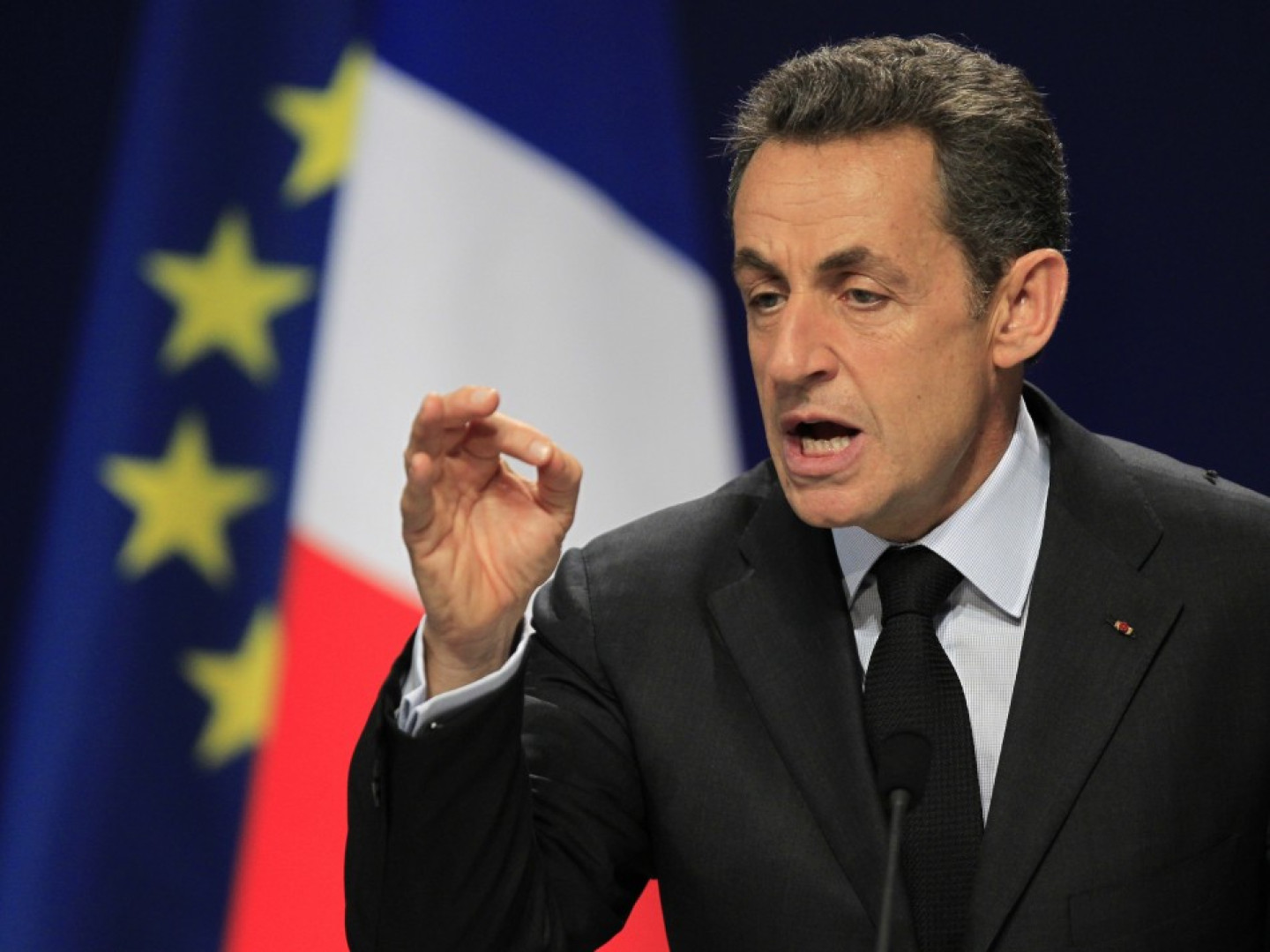Backstage Drama, Emotions, and Infighting Mark G-20 Summit

As resolution of the debt crisis continues to be elusive, the now-concluded Group of 20 Summit witnessed an unprecedented tendency on the part of world leaders to point fingers at each other.
Incidents of "accusations," "losing tempers," "rude behavior," "scolding," and "snubbing" filled media reports about the G-20 meeting held in Cannes, France, on Thursday and Friday.
The two-day summit encompassing discussions of the Greek bailout package came to an end without any solid agreements being reached, but it can fairly be tagged as one of the most acrimonious G-20 meetings ever held.
Backstage bickering and infighting were the order of the day at the summit, where world leaders met to ease market fears about the debt crisis.
The summit also witnessed difficulty in getting backing for the individual proposals of the leading nations from others. Incidents of humiliation based on a lack of support were reported for the United Kingdom's Prime Minister David Cameron, Germany's Chancellor Angela Merkel, and France's President Nicolas Sarkozy.
Cameron was blamed for "not doing enough" to solve the crisis, and Merkel was accused of being a "tough talker" throughout the meeting. Cameron also came under fire from Sarkozy for not supporting the so-called Robin Hood tax on financial transactions. Sarkozy was vocal in expressing his concern about not getting the support of Britain in going ahead with measures meant to raise revenue by taxing transactions in the financial markets.
Greece's Prime Minister George Papandreou was a target of many speeches during the summit. He was warned by both the German chancellor and the French president that Athens' choice about continuing in the European Union would decide the future of its bailout package.
"Europe needs to get its own house in order," was the succinct comment made by Australian Prime Minister Julia Gillard on the prevailing mood at the summit.
© Copyright IBTimes 2025. All rights reserved.





















